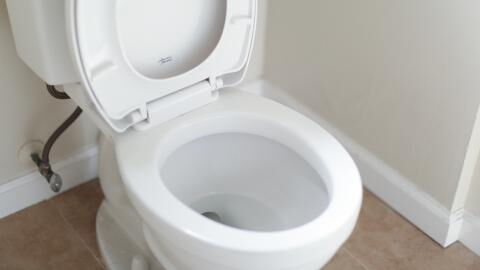Despite all the advances in medicine, some basic questions remain. For example, it is not possible to know with certainty how long people will live. Nor is it possible to predict exactly when a woman's childbearing years will end. However, a new study provides information on factors that may predict a woman's age at natural menopause.
Discover our latest podcast
Factors affecting the age of natural menopause are one of the most studied topics in menopause-related research in recent decades, and for good reason. Knowing when a woman will enter menopause could be valuable for family planning. It could also help identify women who are more likely to experience early menopause and be at greater risk of health problems such as cardiovascular disease, depression and osteoporosis.
3 factors to determine the age of menopause
Your mother's age at menopause is a key factor, but not the only one. Here are three others to consider:
- Smoking. No other lifestyle factor does more damage to the ovaries than smoking. So if you smoke and your mother doesn't, you'll probably reach menopause before they do. If they smoked, and you didn't, you will probably reach menopause later than they did.
- Chemotherapy. Most forms of chemotherapy used in young women are at least mildly toxic to the ovaries. Many women go through temporary menopause while receiving chemotherapy; if the cycles return (they don't always), you can expect to reach regular menopause a couple of years earlier than you would otherwise.
- Ovarian surgery. 'The more you operate on the ovaries, the more you damage healthy tissue,' says Marcelle Cedars, M.D., director of the division of reproductive endocrinology at the University of California, San Francisco School of Medicine. So if you've had diagnostic surgery for endometriosis, for example, Cedars recommends using medical options (such as hormone suppression) to treat the condition in order to avoid repeat surgeries.
Only time will tell
Aside from avoiding smoking, there's probably not much you can do to influence the age at which menopause arrives. But as you get closer to that time, it will become easier to predict more accurately when it will occur.
If you're over 45 and you skip at least three periods in a row, that tells us you're going to go into menopause relatively soon. But we are still working on blood tests to see if we can predict this more accurately.















